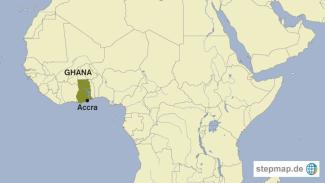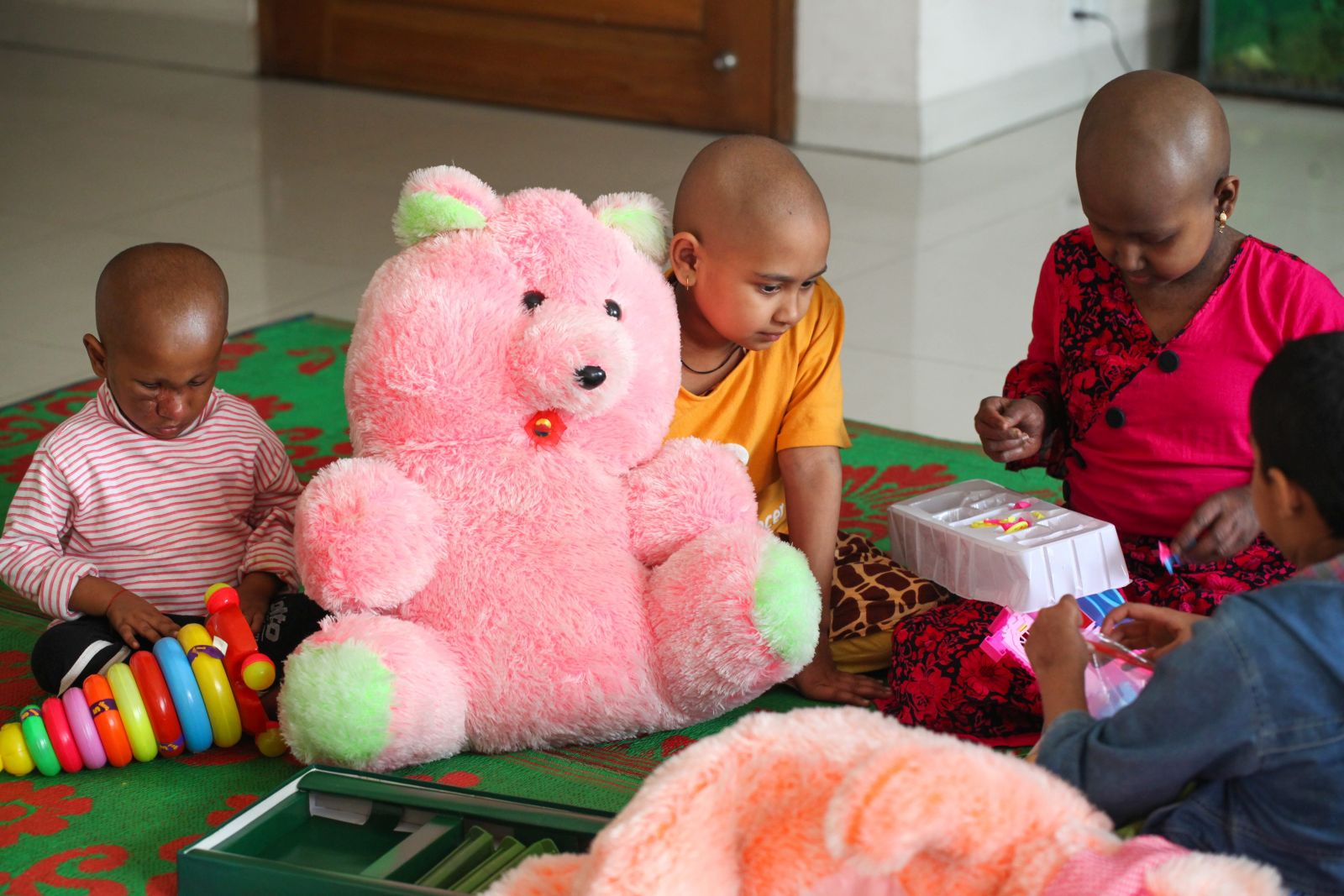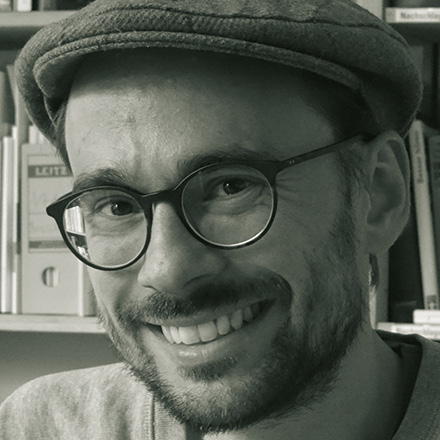Health
Short on medicine

Langah Amadu needs a daily dose of antiretroviral drugs. He is an HIV-positive man who lives in Tamale in northern Ghana. He says the drugs have kept him alive. “I was diagnosed with HIV in 2006, and I started the antiretroviral treatment immediately,” he says. “In 10 years, I never had to be admitted at the hospital.” As health institutions struggle to procure test kits and drugs, problems are likely to escalate. Mariam Abu, an HIV-positive woman, worries: “Without my medicine, how will I live? The drugs keep me alive.”
The AIDS Commission is the body in charge of Ghana’s national HIV/AIDS response. Nuhu Musah is its technical coordinator in the north of Ghana. He says that if “we want to eliminate HIV in this country, we need all available resources”. More private-sector funding would make a difference.
Angela El-Adas, is the director general of the Ghana AIDS Commission. According to her, “the country has achieved positive results in the management of the HIV infection over the decade”. People still die from Aids, but the annual number of AIDS deaths went down by more than a third from 16,320 in 2010 to 10,074 in 2013.
Antoinette Ayine who works in the unit for sexually transmitted infections at Tamale’s Central Hospital says the reduction in donor funding for the AIDS Commission poses “a threat to fighting the disease”. The Ghana AIDS Commission is targeting a zero death record by the year 2020. “If we detect somebody who is HIV-positive, we enrol this person for treatment,” Nuhu Musah explains. “You test everybody, you treat everybody.” Doing so, however, is impossible without adequate funding. “This is where we need the private sector,” Musah says.
Maxwell Suuk is a journalist and lives in Northern Ghana.
suuk.max@gmail.com
Link
Ghana AIDS Commission:
http://www.ghanaids.gov.gh











